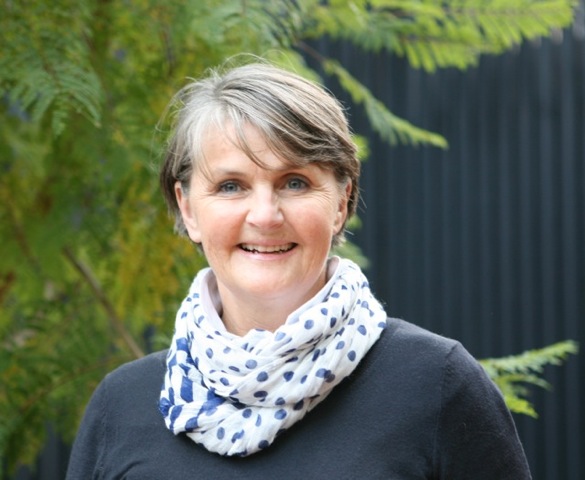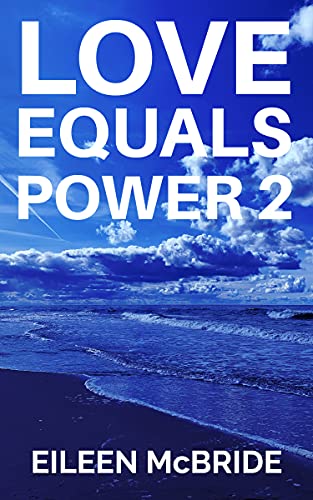When Benjamin Franklin was sent as an envoy to France in 1776 he took his 9 year old grandson with him, extracting him from the loving arms of his parents in order that “If I die, I have a child to close my eyes.” Two years later Franklin sent the boy to boarding school in Geneva and did not see him for four years. When it became evident the boy was not thriving, Franklin wrote to him: “I shall always love you very much if you continue to be a good boy.” It is perhaps unsurprising the boy became “shy and indolent” and “fell into the funk of a depressed adolescent.”
Such a conditional love, motivated more by the selfish needs and desires of the “parent,” a love offered only on the condition that the child meet certain expectations that have nothing to do with her own needs, feelings and desires, seems more the norm than the exception even today. It is the selfish, sometimes cruel, and always deficient and distorted emotion of one who, through the appropriation of language, hides his or her true motive: power over, and control of, the “beloved.”
Like Franklin’s grandson, my father was taken from his loving family and placed by the authorities in a church-funded children’s home where, not only was his formal education prematurely interrupted, but he was forced to labor, without compensation, on a farm for somebody else’s profit, all the while often and regularly abused in every possible manner until his late teens.
My father knew that he was deeply and unconditionally loved by his mother and he was able to overcome the difficulties he faced in adult life as a result of his traumatic experiences, and he did not perpetuate the cycle of abuse. In fact the opposite was true. He was the most unconditionally loving person I have ever known. I knew there was nothing - and I mean literally nothing - that I could do that would diminish not only my father’s love, but also his admiration and respect, for me.
Many people have never experienced unconditional love, and without this experience it can be difficult to see how the transformative power of a deep, authentic, and abiding love, of both self and others (the former necessarily leading to the latter) is a fundamental necessity to create the life our soul needs to flourish and thrive. We all need love, and as my father (and the Beatles coincidentally) said, love is all we need.
My father did not just give lip service to this eternal truth, he was able to genuinely live it such that nothing in my upbringing suggested that I was anything but lovable and worthy. My father taught me, through word and deed, that when love is the intention, the practice and the goal of all our endeavors, we are capable of anything, and need fear nothing - because fear only exists where love is absent.
The adage says: Give a man a fish and you feed him for a day; teach a man to fish and you feed him for a lifetime. Conditional love is the equivalent of the fish that enables us to survive the one day we receive it. In contrast, unconditional love teaches us to “fish.” Authentic and abiding love enables us to develop a strong sense of self that makes us feel not only that we are good enough and smart enough to access and obtain all that we need to be happy and content, but that we are lovable enough to deserve it.
In learning to “fish”, we learn the strategies needed to solve all problems of every ilk. The love that truly nurtures our heart and soul allows us to learn that we are, and will always be, ok. Thus we start from a place of abundance and sufficiency. We know we are capable and worthy, understanding that if we do not immediately have the tools to solve a particular problem, we have the inbuilt wherewithal to eventually obtain the information and acquire the skills needed to find the solution to whatever it is we face, no matter if it be hatred, attack, or betrayal, or the seeming failure of loneliness and rejection, unemployment, or financial difficulty.
The details of the problems we face are irrelevant because the strategy is the same. When we give supremacy and primacy to love we gain the inner compass that always leads to success (as we, not others, define it). We are schooled in the life strategies and philosophies that equip us with the abilities to achieve whatever it is we set out to achieve, including, and especially, dominion over the conditions of our lives. Further, when the voice of our true self is strong we can easily dismiss the opinion and judgment of others and resist the paralyzing and diminishing effects of prevailing social and religious dogmas.
Because love is our essential nature and source, the parent who loves their child unconditionally, literally gives their child the world.

